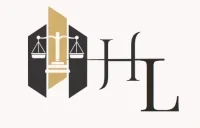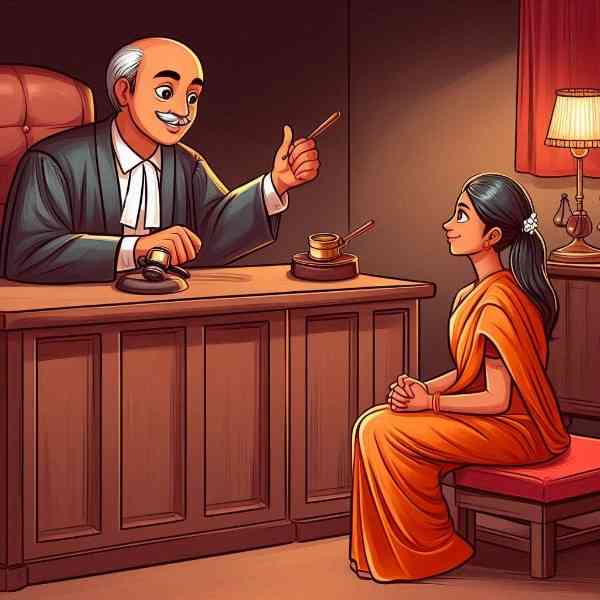Supreme Court Quashes Criminal Proceedings After One Time Settlement: Key Takeaways for Banking Fraud Cases
Supreme Court quashes criminal proceedings in N.S. Gnaneshwaran case after One Time Settlement between parties, emphasizing no continuing public interest warrants prosecution continuation.










